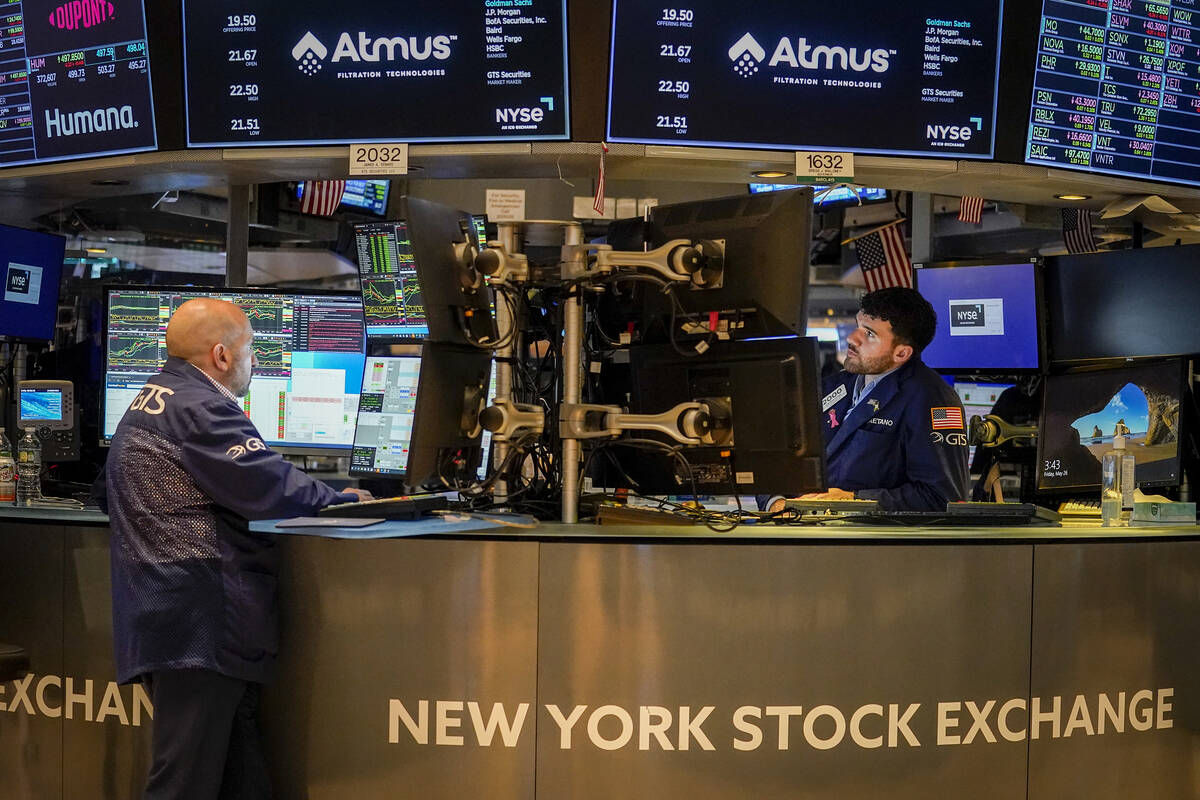COMMENTARY: Whoever wins, ‘big business’ can expect headache
From the time a corporate lawyer named Abraham Lincoln secured the Republican nomination at his party’s 1860 convention, American presidential elections have included a “big business” candidate whose platform closely aligned with the desires of the era’s most successful enterprises. The November 2024 contest promises to be a significant change in America’s politics. For the first time since the 1850s, neither candidate can claim the clear support of “big business.”
Some background first. Before his life in politics, Lincoln found financial success handling legal matters for the railroads, which were the largest enterprises of the 1860s. His policy program — subsidies for a transcontinental railroad, a Homestead Act to provide customers for the railroads, land-grant colleges to train a skilled workforce, the containment of slavery and a revenue tariff to finance it all — were precisely what the railroads and the intertwined textile industry wanted.
Even as the policy programs of both parties changed and various interest groups shifted between parties, Lincoln’s successors as the Republican presidential nominee were almost always the “big business” candidate. More than a few Republican nominees for president — James G. Blaine, Warren Harding, Herbert Hoover, Wendell Willkie, George H.W. Bush, George W. Bush and Mitt Romney — had a hand in creating or running massive commercial enterprises.
The Republican platform almost always matched the interests of the important enterprises of the day. For example, before the 1940s, Republicans generally supported trade restrictions in part because the big businesses wanted them. The GOP then switched to vigorous free-trade promotion for about 70 years as American big business went global.
In recent years, some Democrats have also tried to claim a business mantle. Bill Clinton defeated George H.W. Bush after a bevy of high-tech CEOs endorsed him. Lyndon B. Johnson, riding high on the sympathy that followed John F. Kennedy’s assassination, successfully portrayed his opponent, Barry Goldwater, as a dangerous force of instability.
Having a “big business” candidate has, on balance, been a good thing for America. Despite their search for favors in the name of “industrial policy” and frequent corruption scandals, big enterprises pay higher wages than smaller ones, innovate far more and, contrary to popular factoids, create nearly 70 percent of jobs. In any case, they’re indispensable to a modern economy. The Fortune 500 represents almost 65 percent of GDP, and small enterprises can’t build key economic engines such as advanced manufacturing plants, research and development labs or data centers.
However, the Republican Party can no longer claim the “big business” mantle. Former President Donald Trump’s 2016 themes included trade protectionism, a crackdown on immigration and questions about longstanding military alliances. All this scared the modern enterprises that rely on free trade, global talent and geopolitical stability.
Once in office, his conduct — dissolving business advisory groups when their members challenged him, efforts to gut tech-related laws, direct threats against businesses that criticized him and an inconsistent response to the pandemic — shook business confidence even as his program of deregulation and tax cuts improved the economic climate. In 2020, the workforces of nearly all significant corporations leaned toward the Democratic Party and Joe Biden.
While Biden kept CEO advisory groups at hand and offered unwise-but-popular subsidies to favored industries such as alternative energy and chip manufacturing, his administration also antagonized big enterprises. He expanded Trump’s attacks on free trade, went on tirades against supposed “price gouging” and announced plans to hike corporate taxes. Meanwhile, he tapped regulators at the Federal Trade Commission and Consumer Financial Protection Bureau to increase regulation and file costly lawsuits against successful enterprises.
While Democratic Party standard-bearer Kamala Harris has not spoken out on some important-to-business issues such as antitrust enforcement, her prior record gives little reason to think she’ll be the business candidate. She previously opposed the fracking that has been key to America’s newfound energy independence, continued calls for increased financial regulation and wanted the same business tax hikes as Biden.
The current uncertainty shows in the way business has taken sides. Some high-profile corporate CEOs and tech figures such as Elon Musk and Peter Thiel have thrown their weight behind Trump, others such as Mark Cuban have backed Harris. Most have decided to sit on the sidelines with the knowledge that any either major party candidate will probably vex them.
For those who dislike major enterprises and resent the political alliances that started with Lincoln, this may be a welcome change. For others who see big business as a significant source of prosperity and growth, it’s a problem.
Regardless, the lack of a “big business” candidate is historically unprecedented and likely to increase uncertainty surrounding an already tumultuous election cycle.
Eli Lehrer is the president and co-founder of the R Street Institute. He wrote this for InsideSources.com.






















